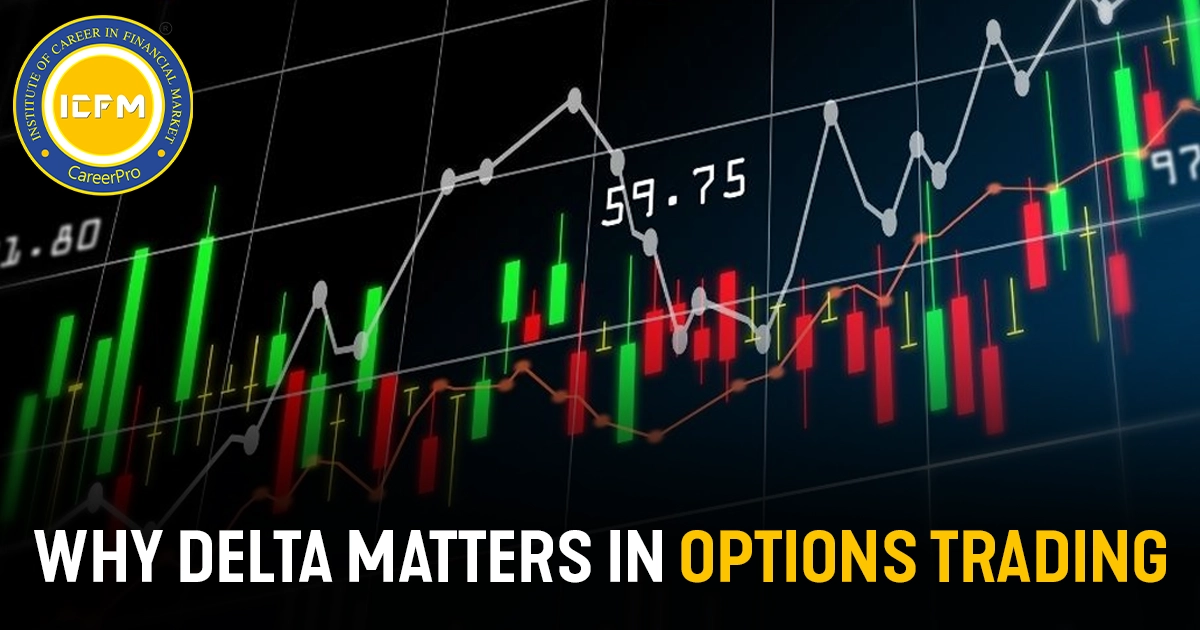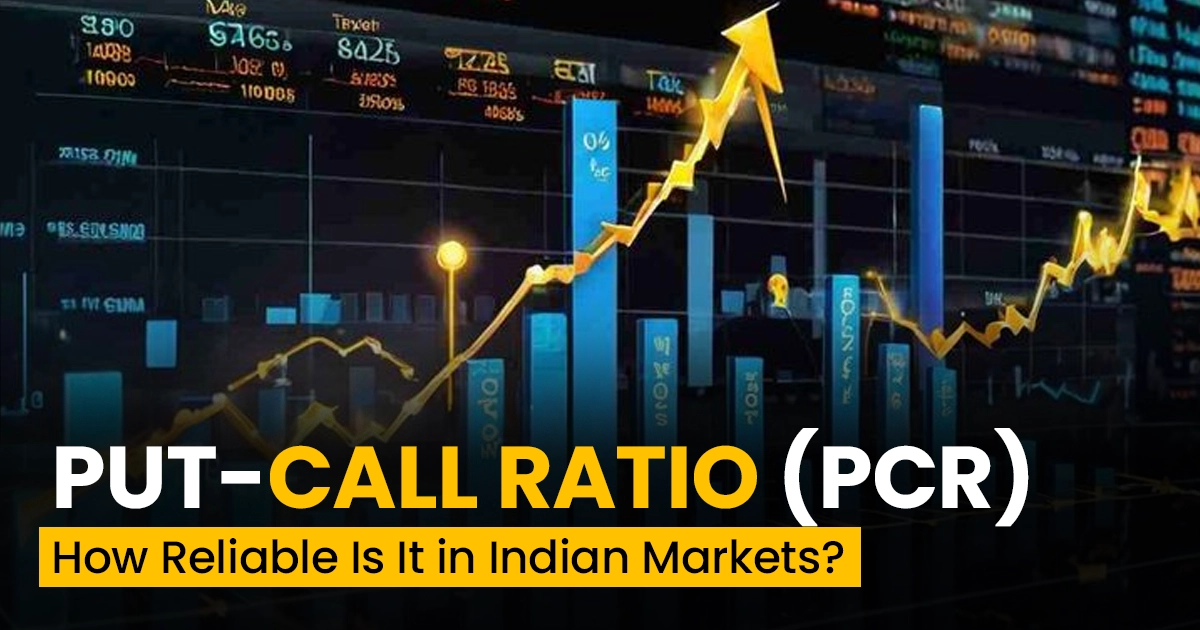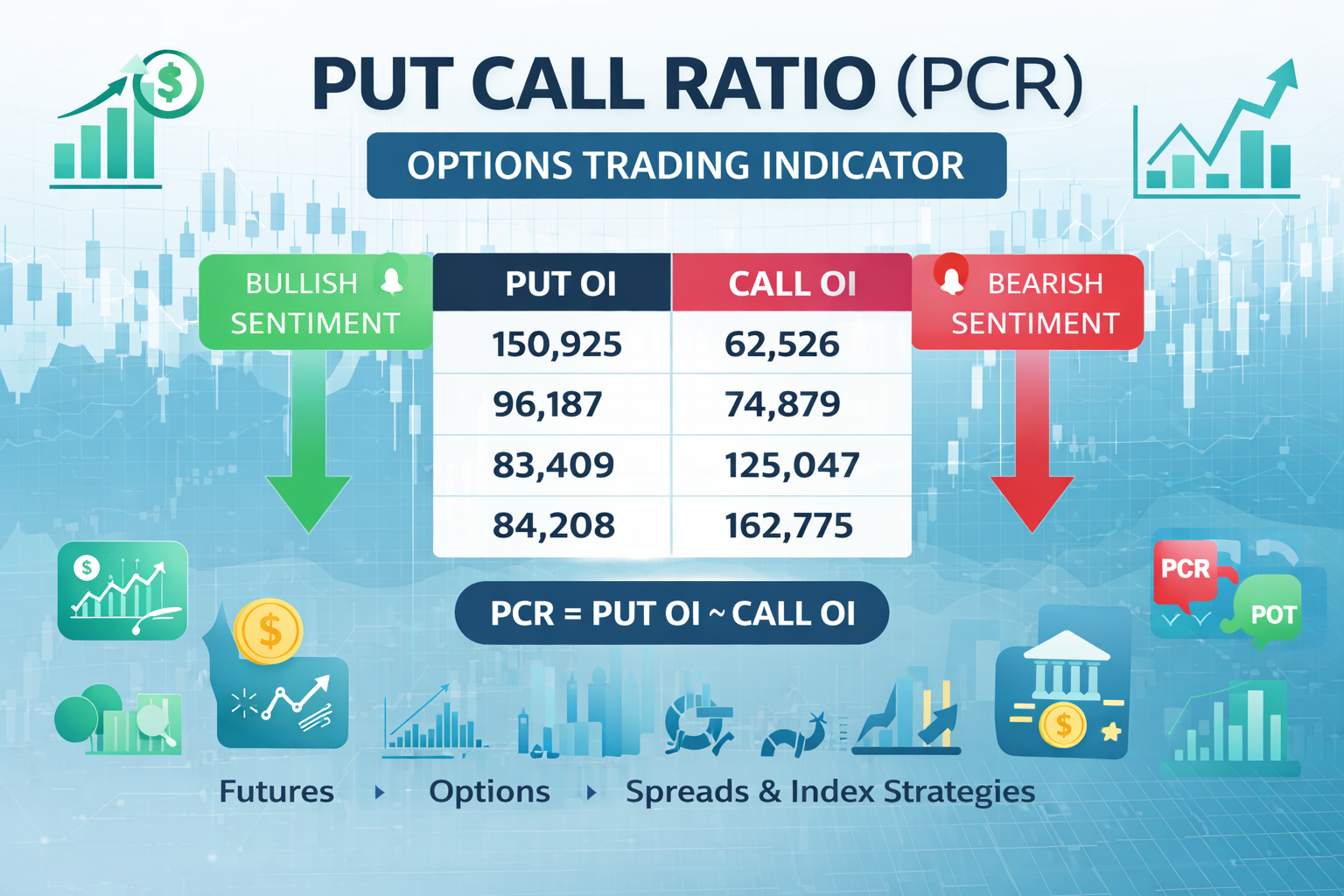Why Delta Matters in Options Trading
Options trading is a vibrant and highly intricate area of operation that requires significant knowledge of the metrics, often called "Greeks." Of all those, Delta has the greatest significance in deciding strategy and risk. This is why Delta matters to an options trader:
What's Delta?
Delta is one of the Greeks in options trading, which is the rate of change in an option's price relative to a $1 change in the underlying asset's price. Its value ranges between -1 and 1 for most options:
- Call Options: Delta values range from 0 to 1.
- Put Options: Delta values range from 0 to -1.
For example:
- Delta of 0.5 translates to an option price that changes $0.50 for each $1 movement in the underlying asset.
Why Delta is Important for Options Traders
1. Directional Sensitivity
Delta calculates how an option's price changes based on a shift in the underlying asset. Option traders apply delta as a guide in understanding the level of value the option would either appreciate or decline with any upward or downward shift in the stock price.
- Delta > 0: Helpful when trading calls on upward moving underlier price.
- Negative Delta: Used for put options when the price of the underlying falls.
2. Hedging Strategies
Delta is very useful in creating a delta-neutral portfolio, which has both positive and negative deltas to reduce directional risk. For instance,
- If there is a portfolio with a net Delta of 100, selling 100 underlying shares can reduce the directional risk.
3. Probability Estimation
Delta is commonly interpreted as the near likelihood of an option expiring in the money (ITM).
A Delta of 0.30 would be approximately a 30% chance that the option expires ITM at expiration.
4. Portfolio Management
The summing of Deltas from several options in a portfolio will show the net exposure to price movements in the underlying asset. The positions can therefore be adjusted in order to gain the desired risk-reward profile.
5. Leverage and Profitability
Traders often choose options with certain Delta values to meet their risk appetite and profit potential.
- High Delta options: These are conservative strategies because they track the underlying asset closely.
- Low Delta options: These are speculative trades, as they cost less and are more likely to generate higher percentage gains.
6. Effect on Option Greeks
Delta also affects other Greeks, including Gamma (rate of change of Delta) and Theta (time decay). By being aware of a Delta, one can determine how these related variables will be shifted as market conditions continue to evolve.
Delta in Practice: A Simple Example
A trader buys a call option that has a delta of 0.6. If the underlying stock increases by $2:
- The value of the option is expected to increase by about $1.20 ($2 × 0.6).
If the same dealer holds 5 contracts (for each of that, 100 shares):
Then the profit/loss resulting from the change will be as large as $600 ($1.20 *100 share * 5 contracts).
Conclusion
A number is much more than just that; it's a key determinant of a tool that would help guide trading decisions in the options market. Knowing and taking advantage of Delta will help manage risk, maximize profitability, and develop solid trading strategies. Whether novice or experienced, knowing Delta helps move closer to long-term success in options markets.









